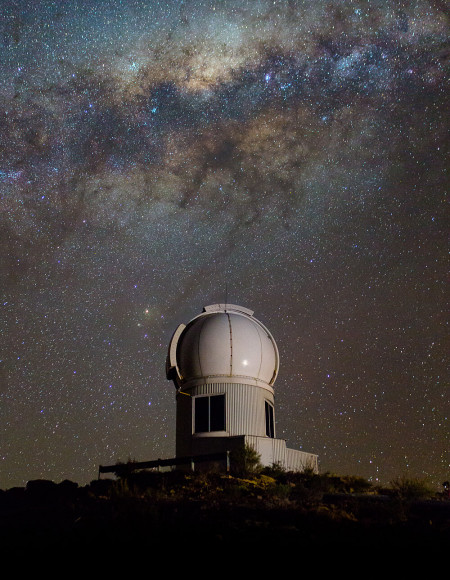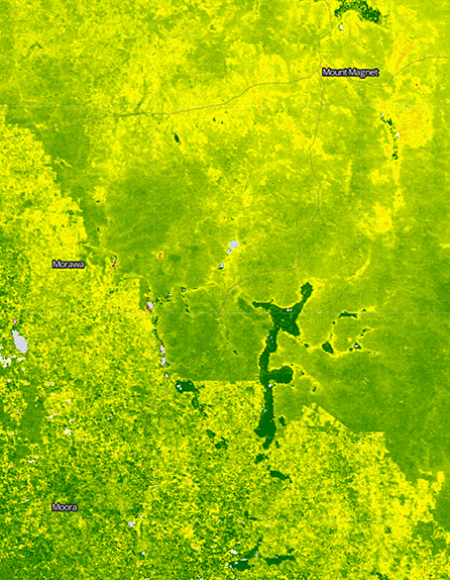Climate and Weather
NCI supports the climate and weather research community through a variety of data environments, including the Climate Data-Enhanced Virtual Laboratory, a dedicated portal for accessing the CMIP6 modelling data, the Australian Research Environment and its Specialised Environments, community user support and the ACCESS model control server.
Geoscience Data-Enhanced Virtual Laboratory
The GeoDEVL project is led by AuScope to provide a new class of services for Magnetotelluric (MT), seismic and geochemical samples.
NCI’s role in the project has been to develop processes for the delivery of national MT datasets through NCI data services, and access to analysis via our Australian Research Environment and supercomputer. NCI delivers tuned MT processing and analysis software that uses the high-performance capabilities of NCI to generate datasets in a reproducible form. NCI also develops services for delivering time-series MT data for the community.
Visit Auscope Virtual Research Environments to find out more.



